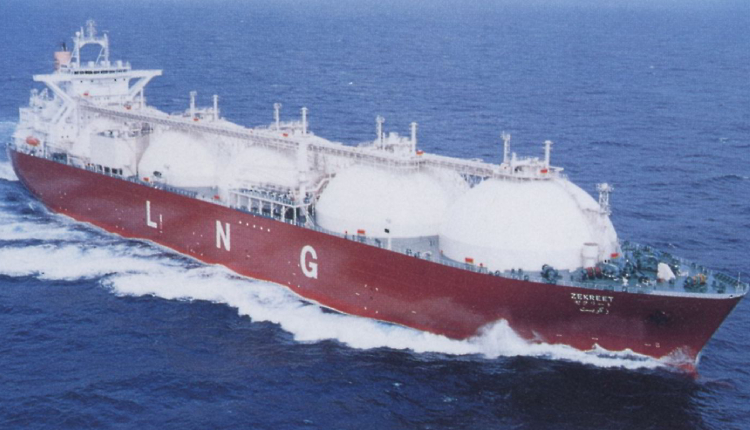Egypt has initiated the purchase of liquefied natural gas (LNG), a notable departure for the typically exporting nation, in efforts to stave off potential shortages in the upcoming summer months, Bloomberg reported on Thursday.
Recent reports indicate that the Egyptian Natural Gas Holding Co. has secured at least one shipment for delivery within the next month, with plans to procure several more, as revealed by sources familiar with the matter.
This proactive importation signals concerns over potential energy deficits during the impending hot season, which could impact electricity availability and industrial productivity.
According to Bloomberg, the heightened reliance on imports may strain Egypt’s foreign currency reserves, especially following a $50 billion international bailout aimed at alleviating its most severe economic downturn in decades. Moreover, the additional expenditure exacerbates existing pressures on the nation, exacerbated by a decline in revenue from the Suez Canal due to Houthi militants attacks on commercial shipping in the Red Sea.
This shift towards increased LNG imports marks a significant departure for Egypt, which had largely ceased imports in 2018 following a surge in domestic production fueled by the discovery of the massive Zohr field, transforming the country into a net exporter of natural gas. However, local gas output has dwindled to its lowest levels in years, attributed by Oil Minister Tarek el-Molla to natural depletion of reserves.
Officials from the Egyptian oil ministry were unavailable for comment to Bloomberg at the time of reporting outside of Cairo’s business hours.
Last year, Egypt suspended LNG exports during the peak summer period, and a similar scenario may unfold this year, according to Tarek El Molla.
Ship-tracking data reveals no LNG cargoes have been dispatched since March 11. In October, El-Molla had indicated that exports would continue until March or April before prioritising domestic consumption during the summer months.
Moreover, the incoming LNG cargo is expected to be directed through an existing facility in Jordan, as disclosed by the traders involved.
